Public Health Summer Reading List

12 must-read books to bring on vacation, plus a forthcoming book authored by a public health legend and five Rollins graduates.
Summer reading doesn’t have to consist entirely of fluff. Those anticipated vacations, long weekends, and lengthened days also offer opportunities to pick up a public health memoir or nonfiction book you’ve been meaning to read.
This curated list contains a mix of new releases and older titles on a variety of topics including disability, environmental health, health systems, cancer, COVID, and more. Whether you are a public health practitioner, researcher, student, or simply want to learn more about the topic, you are sure to find a title to keep you informed and inspired.
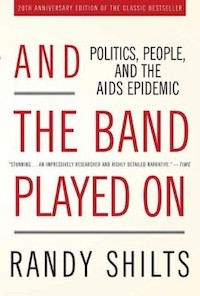
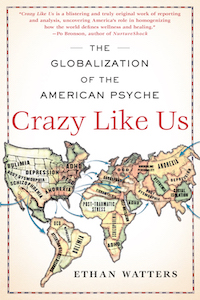
Crazy Like Us by Ethan Watters
In Crazy Like Us, Ethan Watters explores the idea that as American cultural norms increasingly shape global perceptions of mental illness, they influence the very nature of psychological suffering worldwide. From Sri Lanka to Hong Kong, Watters discusses how Western interventions often unknowingly undermine local healing traditions, sparking epidemics of disorders like anorexia nervosa and depression. This book challenges readers to reconsider the impact of cultural imperialism on mental health practices and to embrace a more refined understanding of psychological well-being across societies.
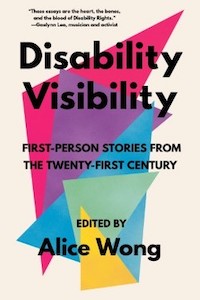
Disability Visibility by Alice Wong
Disability rights activist Alice Wong brings together personal short stories from a variety of disabled activists and advocates alongside blog posts, Congressional testimonies, and eulogies to provide readers with an anthology of the disabled experience. This work emphasizes the many facets of the disabled community, celebrating disability culture and providing insights into the disability rights movement and challenging and unveiling ableist norms and values in today’s world.
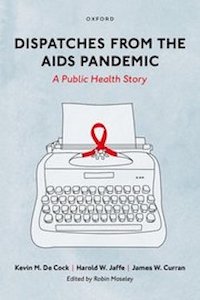
Dispatches from the AIDS Pandemic: A Public Health Story
by Kevin M. DeCock, Harold W. Jaffe, and James W. Curran
Three CDC public health leaders offer a compelling and authentic firsthand account of their
experiences at the forefront of the early AIDS response. It delves into the evolution of AIDS from a newly recognized disease to a global pandemic and the pivotal role of scientific advancements and community activism in combating the epidemic. This authoritative narrative is an essential read for understanding the profound impact of AIDS on public health worldwide.
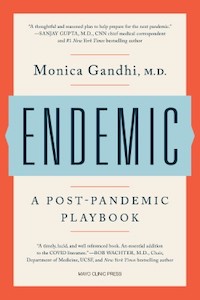
Endemic: A Post-Pandemic Playbook by Monica Gandhi
Monica Gandhi, MD, confronts our reality of living with COVID-19, urging us to approach future pandemics with a blend of reason, science, and compassion. This book delves into the complexities of COVID-19, examining different approaches, and proposes a roadmap for the future, emphasizing equitable vaccine distribution, harm reduction, and preparedness for future outbreaks. Accessible and authentic, Endemic offers insights for navigating uncertainty and shaping a resilient response to infectious disease outbreaks in the years ahead.
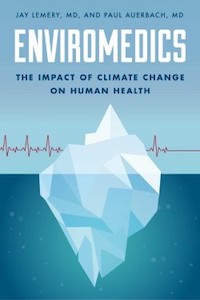
Enviromedics by Jay Lemery and Paul Auerbach
Physicians Jay Lemery and Paul Auerbach deliver a science-based and sobering analysis of how environmental degradation directly impacts the health of populations around the globe. The authors tackle misconceptions of the divisive topic of climate change and highlight the urgent need for informed action to mitigate the future health crises it exacerbates. This book provides clear and comprehensive arguments to help readers understand and think about the extensive interactions between our planet's health and our own well-being.
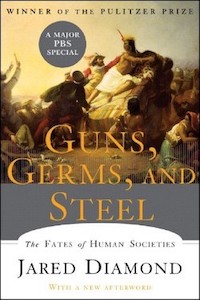
Guns, Germs and Steel by Jared Diamond
This Pulitzer Prize-winning, transdisciplinary nonfiction book by Jared Diamond takes readers through the rise and fall of centuries of civilizations, investigating why certain ones survive and conquer others. He argues that differences in power and technology in human societies come from environmental differences rather than intrinsic properties belonging to specific populations or ethnic groups. This book has been a favorite of many audiences for over two decades, and in 2005, the National Geographic Society made it into a documentary.
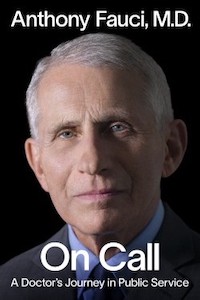
On Call by Anthony Fauci
Anthony Fauci, MD, the former head of the National Institute of Allergy and Infectious Diseases at the
National Institutes of Health, reflects on a career of disease research, leadership in navigating Ebola, SARS, and West Nile Virus, and the COVID-19 pandemic in this #1 New York Times bestseller. Starting with his youth growing up in Brooklyn, New York, Fauci guides readers through his decades of caring for patients, navigating complex political situations, and what it was like to act as an advisor to seven presidents on key issues in national and international health.
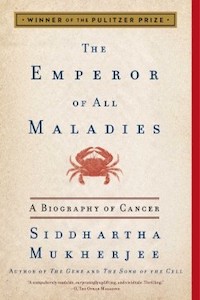
The Emperor of All Maladies: A Biography of Cancer
by Siddhartha Mukherjee
Influenced partly by Randy Shilts’ And the Band Played On (also on this list!), Siddhartha Mukherjee’s Pulitzer Prize-winning biography of cancer takes readers through a history of cancer treatment and research spanning from 4,600 years ago in Egypt to modern-day. He includes personal experiences from working as an oncology fellow as well as information about the evolution of hospice, cancer screening, and palliative medicine. This book has received many commendations and was listed by TIME magazine as one of the most influential books of the last 100 years.
The Social Transformation of American Medicine by Paul Starr
This Pulitzer-Prize-winning book by Paul Starr examines the evolution of the American health care system from the 18th through the 20th century. Starr thoroughly details the changing roles of doctors, hospitals, and insurance programs as well as the historical, social, political, and economic factors that have shaped the American health care system into what it is today. Health professionals, pre-health professionals, and anyone curious health and medical systems in America will learn a lot from this book.
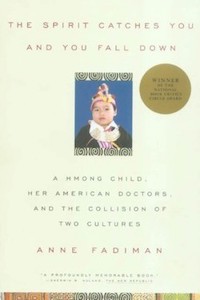
The Spirit Catches You and You Fall Down by Anne Fadiman
Essayist and reporter Anne Fadiman takes readers through a narrative of young Lia Lee's battle with epilepsy and the contrast between Hmong spiritual beliefs and Western medicine in 1980s California intertwined with histories and experiences of the Hmong people. Fadiman discusses the complexities of cultural differences and health care, reflecting on the challenges faced by Lee's family and the medical professionals who worked with her. This National Book Critics Circle Award-winning book emphasizes the impact of cultural perspectives on health and the importance of medical ethics and cross-cultural empathy.
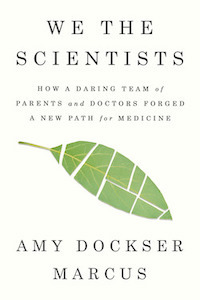
We the Scientists by Amy Dockser Marcus
This Pulitzer Prize-winning narrative by The Wall Street Journal’s staff reporter Amy Dockser Marcus follows the journey of a group of parents whose children had been diagnosed with a rare and fatal genetic condition and their work to change how medical research is conducted. Dockser Marcus discusses the tendency of medical laboratory research to be conducted in isolation behind lab doors and how progress can be accomplished when a community of doctors, researchers, and families work together.
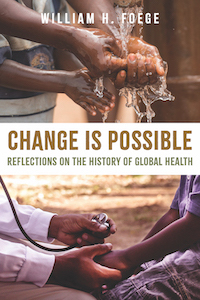
Change Is Possible: Reflections on the History of Global Health by William H. Foege
Epidemiologist and physician William Foege, MD, and five recent Rollins graduates (Paul Elish, Alison Hoover, Madison Lee, Deborah Cheng Tseng, and Kiera Chan) delve into the setbacks, failures, and successes of global health focusing on the impacts of colonialism, religion, politics, philanthropy, and more on the development of global health. This book took shape over the course of the COVID-19 pandemic while Foege’s co-authors were still Rollins students. Their book will be released in November of this year.